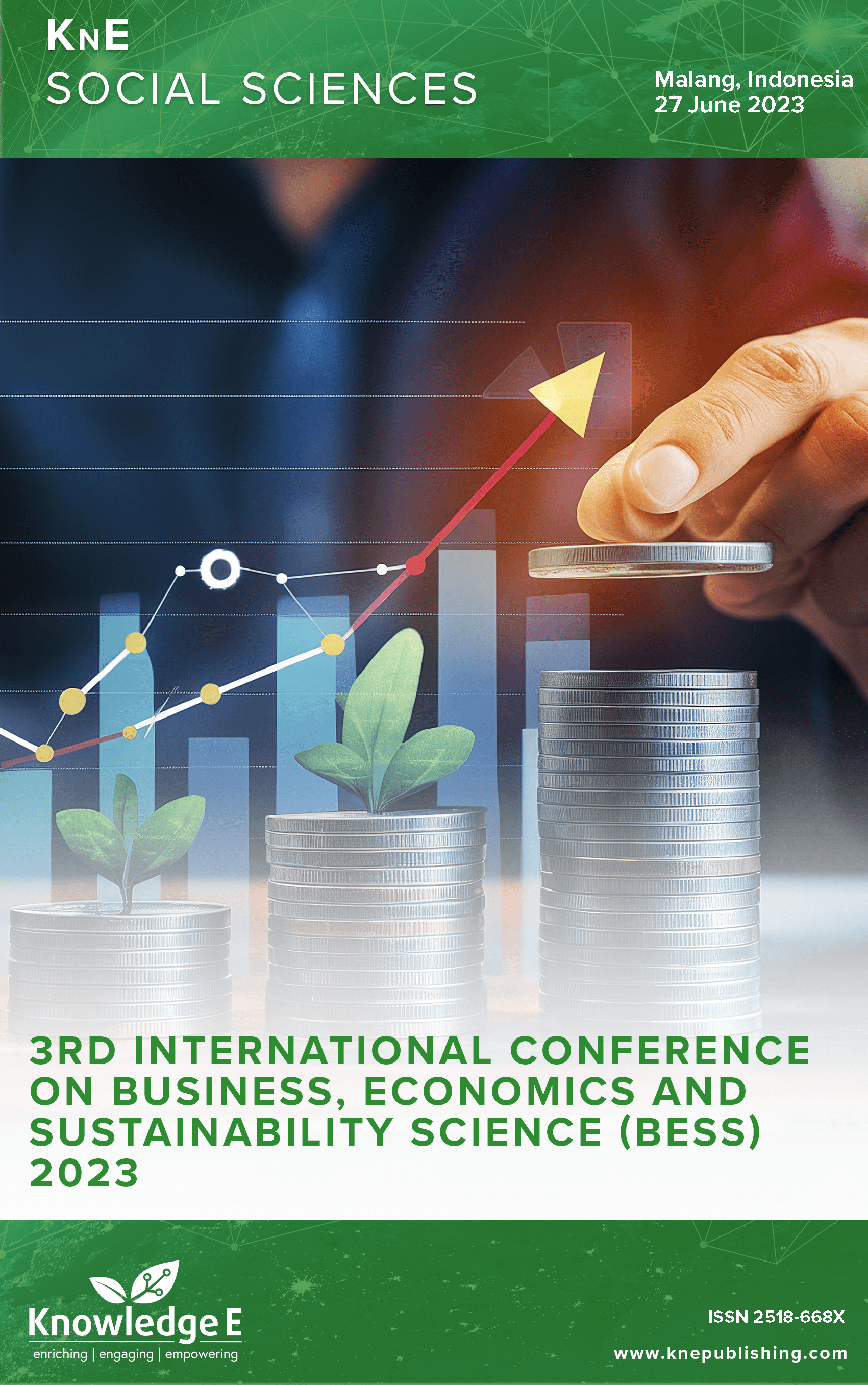The Role of the Family in Overcoming Stunting through the Probebaya Program in the Bukuan Kelurahan Area, Samarinda City
DOI:
https://doi.org/10.18502/kss.v9i21.16670Abstract
This study aims to determine the role of the local government in the digital and pandemic era in alleviating stunting in Indonesia. This type of research is qualitative. The research method uses in-depth interviews and triangulation for data analysis. Sources of data from key informants and informants from the office and the community in Bukuan Kelurahan Kota Samarinda. The results show that the Community Development and Empowerment program (PROBEBYA), implemented by the Local Government of Samarinda City, in Kalimantan, Indonesia, has been implemented in various regions through the infrastructure program (economy, social culture, and health). By running this program, the community is greatly assisted even though it is seen that the stunting rate is quite high, the government’s efforts experienced many obstacles in its implementation efforts because there are still many people who shut themselves down and are ashamed that their children are malnourished. And the ability of families to meet the nutritional needs of children is obtained from prepared food, served instantly.
Keywords: information mobilization, program stunting, community welfare
References
Abu-Rumman A. Transformational leadership and human capital within the disruptive business environment of academia. World Journal on Educational Technology: Current Issues. 2021;13(2):178–87. DOI: https://doi.org/10.18844/wjet.v13i2.5652
Anisa P. Factors related to stunting incidence in toddlers age 25-60 Months in Kalibaru Village, Depok in 2012. Depok: Faculty of Public Health, University of Indonesia; 2012.
Dewey KG, Begum K. Long-term consequences of stunting in early life. Matern Child Nutr. 2011 Oct;7(Suppl 3 Suppl 3):5–18. DOI: https://doi.org/10.1111/j.1740-8709.2011.00349.x
Gupta RK. Employment security and occupational satisfaction in India. Journal of Advanced Research in Dynamical & Control System. 2018;10(10):244–9.
Harimurti P, Prawira J, Hort K. The Republic of Indonesia health system review Asia Pacific Observatory on health systems and policies. Health Syst Transit. 2017;7(1):.
Haryani, S., & Marsinova Bakara Darisona, B. C. (2022). The effectiveness of parents’ role in the prevention of stunting toddlers in Highlands Of Bengkulu. https://doi.org/10.20527/dk.v10i3.145. DOI: https://doi.org/10.20527/jdk.v10i3.145
Herlianti L. Journal of Management. Collaboration of actors in the network stunting prevention programs in Balukumba Ditrict. In Enrichment. J Manage. 2022;12(2):.
Ika Indriyastuti H, Tri Kartono D. Implementation of the sustainable development goals (SDGs) Program on the Management of Stunting Cases in Indonesia [IJRRIS]. International Journal of Recent Research in Interdisciplinary Sciences. 2022;9:60–5.
Krisnana I, Pratiwi IN, Cahyadi A. The relationship between socio-economic factors and parenting styles with the incidence of stunting in children. Syst Rev Pharm. 2020;11(5):.
Lestari D, Rochaida E, Suharto RB, Mixila S, Sutapa IN. In the era of digitization, government’s role in alleviating stunting. Webology. 2022;19(1):4925–41. DOI: https://doi.org/10.14704/WEB/V19I1/WEB19330
Oktarina S, Saiban K, Wahyudi C. Innovation for handling stunting based on community empowerment in Gampong Ara, Kembang Tanjong Sub-District,Pidie District, Aceh Province of Indonesia (Study of Policy Implementation Based on Pidie Regent Regulation Number 77 of 2017 about Reduction in Stunting). International Journal of Research in Social Science and Humanities. 2022;03(03):12–24. DOI: https://doi.org/10.47505/IJRSS.2022.V3.3.2
Rahma IM, Mutalazimah M. (2022). Correlation between family income and stunting among toddlers in Indonesia: A Critical Review. http://sinta.ristekbrin.go.id/ DOI: https://doi.org/10.2991/ahsr.k.220403.011
Soares D, Wahyudi T, Irfan M, Nurul S. (2022). Analysis stunting prevention anda intervention : A literature review. In Global Health Science Group (Vol. 3, Issue 1). http://jurnal.globalhealthsciencegroup.com/index.php/PICNHS DOI: https://doi.org/10.37287/picnhs.v3i1.1110
Xu F, Akther T. A partial least-squares structural equation modeling approach to investigate the audit expectation gap and its impact on investor confidence: perspectives from a developing country. Sustainability (Basel). 2019;11(20):5798. DOI: https://doi.org/10.3390/su11205798

